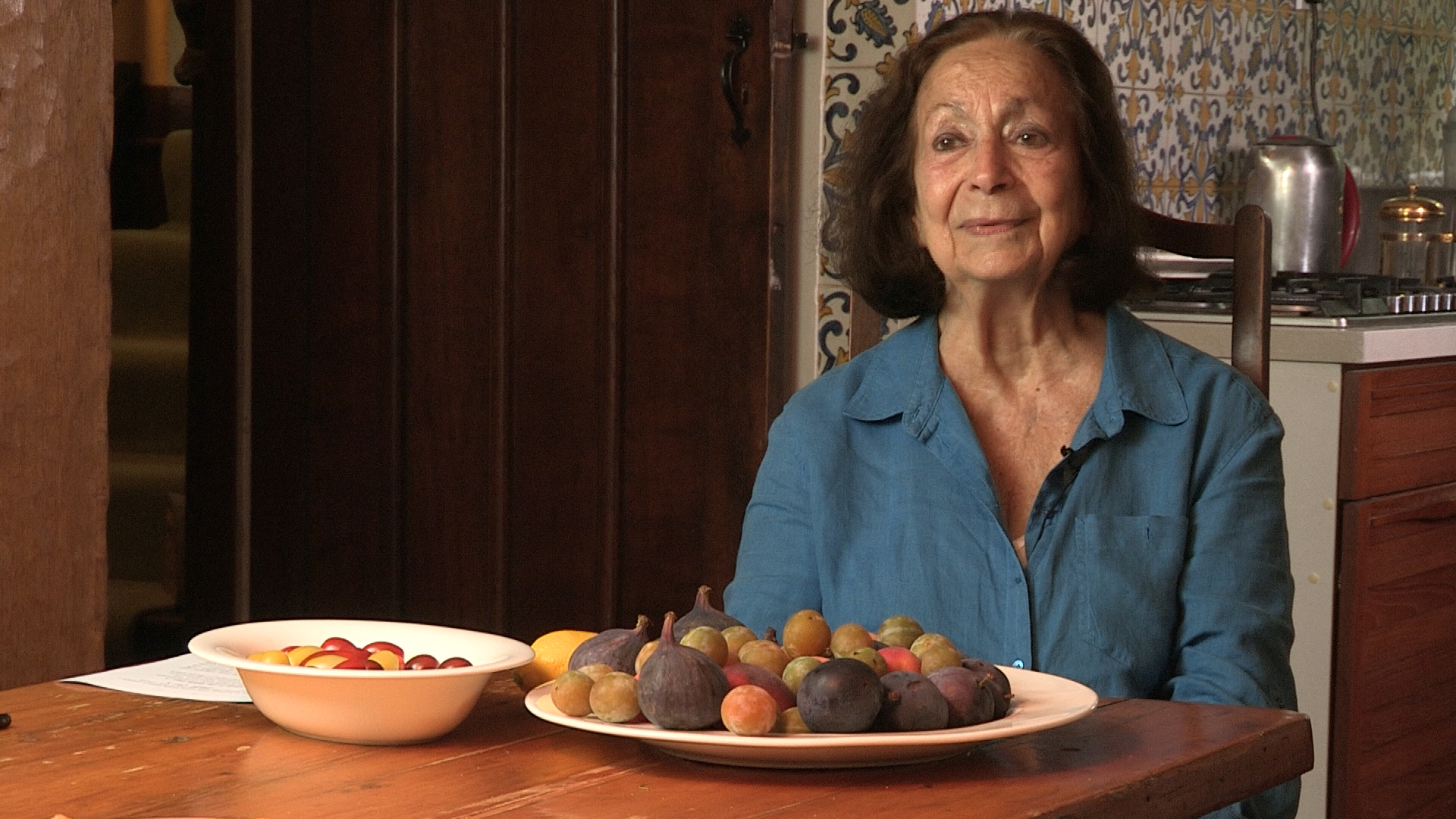The book was an instant success and it continued to be a success with the Ashkenazim, I have to say. But even then, there were Iraqi Jews, Yemeni Jews who opened restaurants and they closed within a year... before a year, because nobody went. People just said, 'I don't like this kind of food, sorry'. But what they wanted was French cuisine, Italian cuisine, Chinese cuisine. Yes, chefs were learning those cuisines. And they weren't interested. But I think certainly the chefs started... wanted to cook from my book, that's what I knew, I got to know. But it's really more when my Jewish Book came out, that chefs, Israeli chefs became my great friends. And some came to see me in London. And the first one I met was when I was in Israel. And there was a conference called Couscous or Gefilte Fish. And people from the diaspora had been invited to come and cook their dishes. And so, I came, and I brought a kibbeh that I did, but a kibbeh from the Jews of Egypt, in a stew. And I also brought something, because I had researched, lamb with quince. Because it was actually Iranian. I brought it too. But I found there that there was also a festival in the street and then there was a dinner where they had all the Sephardi food on one side and the Ashkenazi food on the other. They had big tables. But all the Ashkenazi came to the Sephardi table. And none of the Sephardi wanted to eat what was at the Ashkenazi table.
So, there were things happening then. Of course, now, Ashkenazi food is back in fashion as soul food. And the Sephardim are going to restaurants that specialise in cholent and in Ashkenazi dishes. So, it was the first time that Asian and Middle Eastern and Arab and all that dishes were said to be Jewish. Particularly in a book, in a big book. And so, the chef could say, 'Yes, I'm doing a Jewish Book of Egypt'. Even though they weren't from Egypt. And they didn't know it. But they could do it.






